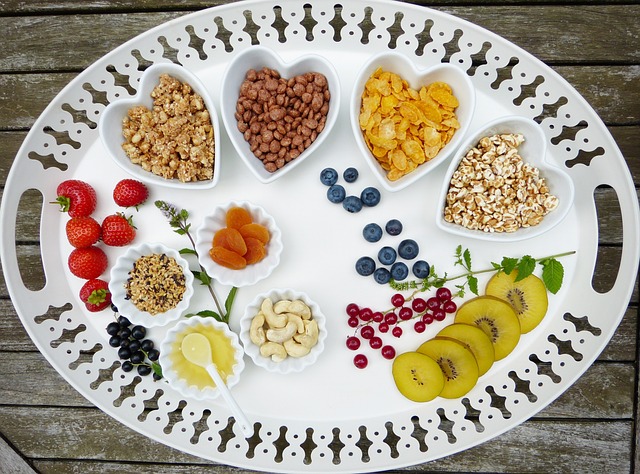Introduction
Probiotics are live microorganisms that are beneficial to health when consumed in adequate amounts. They can be found in various foods and supplements, and are known for their positive effects on digestive health, immunity, and overall wellbeing. In this comprehensive guide, we will explore the many benefits of probiotics, the different types of probiotics, and how to incorporate them into your diet.
Benefits of Probiotics
Probiotics offer numerous health benefits, including:
- Improved digestion and bowel movements: Probiotics help maintain a healthy balance of bacteria in the gut, which can ease constipation, diarrhea, and other digestive issues.
- Enhanced immune function: Probiotics stimulate the production of antibodies and improve the body’s ability to fight infections.
- Reduced inflammation: Certain probiotics have anti-inflammatory effects, which can help alleviate symptoms of inflammatory bowel disease, allergies, and other conditions.
- Lowered cholesterol: Some probiotics have been shown to lower levels of LDL (bad) cholesterol, which can improve heart health.
- Improved mental health: The gut-brain connection means that probiotics can potentially improve mood and reduce symptoms of depression and anxiety.
Types of Probiotics
There are many different strains of probiotics, each with its own unique benefits:
- Lactobacillus: This is the most common probiotic found in fermented foods like yogurt and kefir. It helps with digestion and may have immune-boosting effects.
- Bifidobacterium: This probiotic is found in high amounts in the colon and helps to break down carbohydrates and prevent harmful bacteria from growing.
- Saccharomyces boulardii: This is a type of yeast probiotic that is known for its ability to prevent and treat diarrhea caused by antibiotics.
- Streptococcus thermophilus: This probiotic is often used in combination with Lactobacillus to make yogurt. It helps with lactose digestion and may have immune-boosting effects.
How to Incorporate Probiotics into Your Diet
There are several ways to incorporate probiotics into your diet:
- Eat fermented foods: Yogurt, kefir, sauerkraut, kimchi, and kombucha are all great sources of probiotics.
- Take a probiotic supplement: Probiotic supplements are available in capsule, powder, and liquid forms, and can be found in health food stores and online.
- Choose probiotic-fortified foods: Some products, like cereals and energy bars, are now fortified with probiotics.
Conclusion
Probiotics offer a wide range of health benefits, from improving digestion to boosting immune function and mental health. By incorporating probiotic-rich foods into your diet and taking a probiotic supplement if necessary, you can reap these benefits and support your overall wellbeing.







